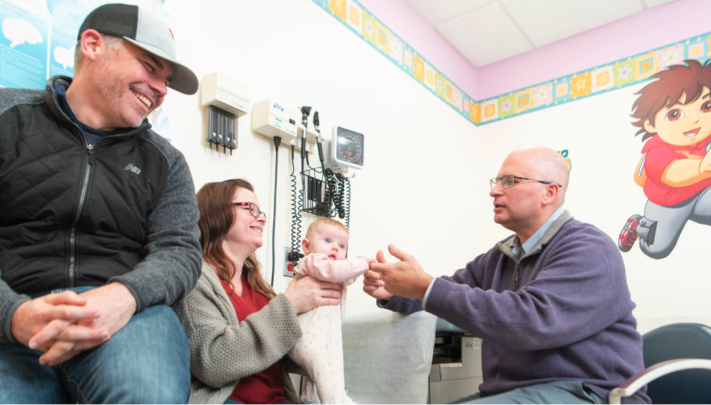
Colorectal
What Providers Need to Know About Functional Constipation and Fecal Incontinence

If your child suffers from chronic constipation, you may be aware of the emotional and physical burdens that result from this difficult condition. Although most children experience constipation from time to time, when it lasts for weeks, months or even years, it can lead to more serious problems such as fecal incontinence (loss of bowel control) and issues with motility (slow or abnormal intestinal contractions), leading to distension, poor appetite and growth, and crampy abdominal pain.
In addition to painful physical symptoms, pediatric chronic constipation can lead to school absences, multiple doctor visits, exclusion from social activities and embarrassment, especially if a child experiences soiling. These children and their caregivers often suffer from emotional distress including anxiety, depression, low self-esteem and a decrease in their quality of life. However, with early diagnosis and by using quick implementation of a bowel management treatment plan, children can move on to live happy and healthy lives. Understanding the underlying problems that are causing the constipation is key to successfully managing symptoms, restoring healthy bowel function and improving a patient and family’s quality of life.
In addition to painful physical symptoms, pediatric chronic constipation can lead to school absences, multiple doctor visits, exclusion from social activities and embarrassment, especially if a child experiences soiling. These children and their caregivers often suffer from emotional distress including anxiety, depression, low self-esteem and a decrease in their quality of life. However, with early diagnosis and by using quick implementation of a bowel management treatment plan, children can move on to live happy and healthy lives. Understanding the underlying problems that are causing the constipation is key to successfully managing symptoms, restoring healthy bowel function and improving a patient and family’s quality of life.






